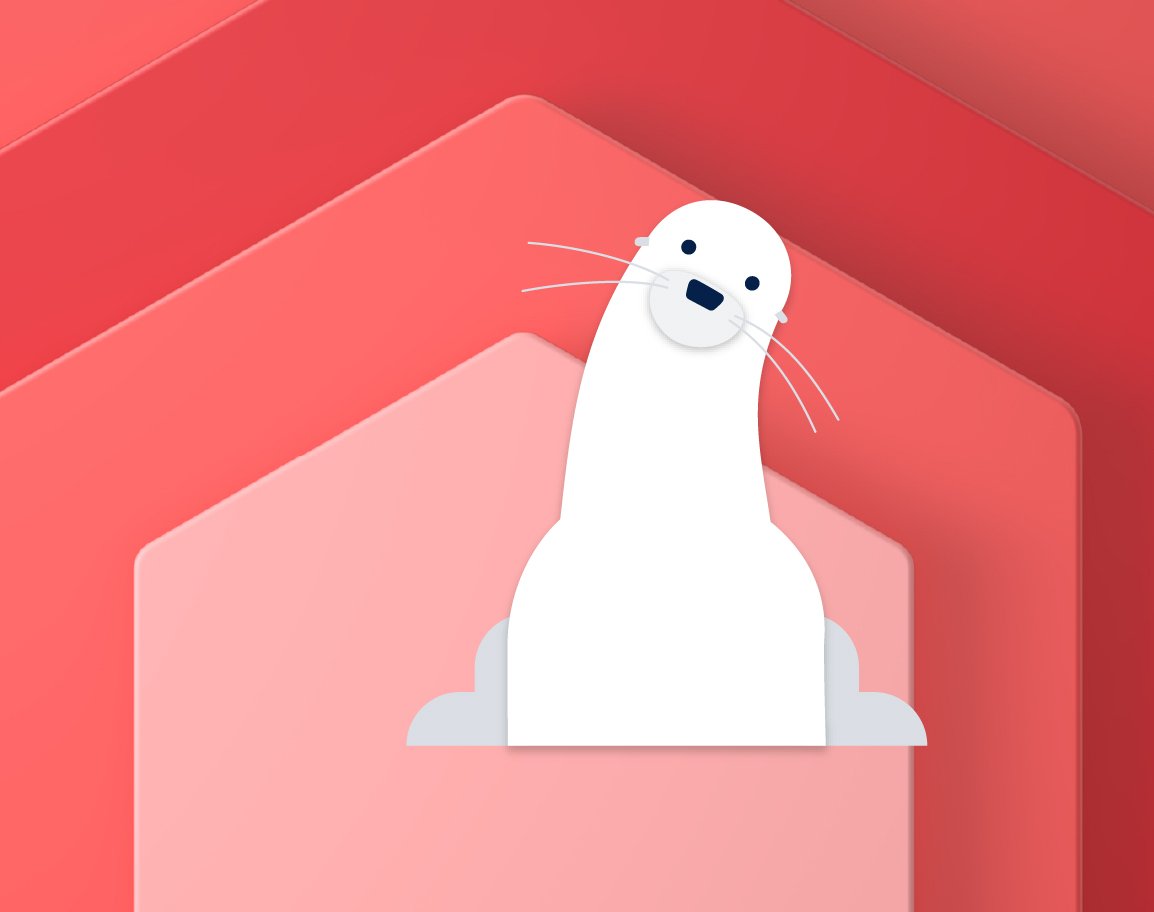
Sleep Lab
If your child is scheduled for a sleep study, you and your child will stay overnight in our pediatric Sleep Lab. The lab provides a safe, comfortable sleeping environment for an overnight study in which we can monitor brain waves, breathing, movements and sleep cycles as a child sleeps. It's a way to get the most complete information possible about your child's sleep experience and helps ensure an accurate diagnosis. One parent can stay through the night.
During the sleep study we will monitor many parameters through sensors on your child’s body and video. Your child will be fitted with an array of monitoring equipment: electrodes for a limited electroencephalogram (EEG) to monitor your child brain waves; breathing sensors, belts to check the chest and abdomen movements; pulse oximeter to check oxygen levels; capnograph to check carbon dioxide levels; leg leads to check for leg movements; chin lead to check for bruxism; a single electrocardiogram lead. All the monitors are placed with tape or gel, and none hurt. A registered pediatric polysomnographer will set your child up for the study and monitor him/her through the night.
Our locations (2)
Diagnosing your child's sleep disorder
Polysomnography (sleep study)
A sleep study provides the most complete information about your child's sleep and can help ensure your child has the proper diagnosis for a sleep disorder.
During the sleep study we will monitor many parameters through sensors on your child’s body and video. Your child will be fitted with an array of monitoring equipment: electrodes for a limited electroencephalogram (EEG) to monitor your child brain waves; breathing sensors, belts to check the chest and abdomen movements; pulse oximeter to check oxygen levels; capnograph to check carbon dioxide levels; leg leads to check for leg movements; chin lead to check for bruxism; a single electrocardiogram lead. All the monitors are placed with tape or gel, and none hurt. A registered pediatric polysomnographer will set your child up for the study and monitor him/her through the night.
What to do the day of your child's sleep study
- Keep the child's regular routine but try to avoid naps.
- Do not give your child anything containing caffeine
- Be sure your child is not sick. We need to do the sleep study when the child is healthy.
- Have dinner before coming to the lab. Meals are not provided at the sleep center.
- Do not braid your child's hair or apply any hair products.
What to bring to the sleep lab
- Comfortable pajamas
- Toothbrush, toothpaste and all hygiene items
- Medications, formula, special food or medical equipment that your child needs routinely
- Anything to make your child feel comfortable: a pillow, a blanket, a toy
A parent or guardian must stay with the child all night.
What happens during the study?
The technician monitors your child's sleep all night. If your child is having difficulty breathing, the technician may offer to add oxygen or CPAP (continuous positive pressure).
What happens after the study?
- At around 6 AM, the technician will remove all the sensors from your child.
- The study will be reviewed by our sleep physician, and a report will be generated.
- Allow two weeks for the study to be ready. Contact your referring physician after two weeks to request the results.
Sleep disorders services:
- Consultation for all sleep disorders
- Diagnostic polysomnography
- Oxygen titration studies
- BiPAP and CPAP titration and adjustments
Awards & recognition
-

One of the nation's best for pulmonology & lung surgery
-

Ranked among the nation's best in 11 specialties
-

Accredited by the American Academy of Sleep Medicine
Plan your visit
What to Bring
- Any medical equipment your child normally uses during sleep
- Your child's pajamas
Support services
Stress-free visits
Accommodations. Admissions. Procedure prep. Get the info you need for smoother hospital stays.
Prepare for your child's stay



















































